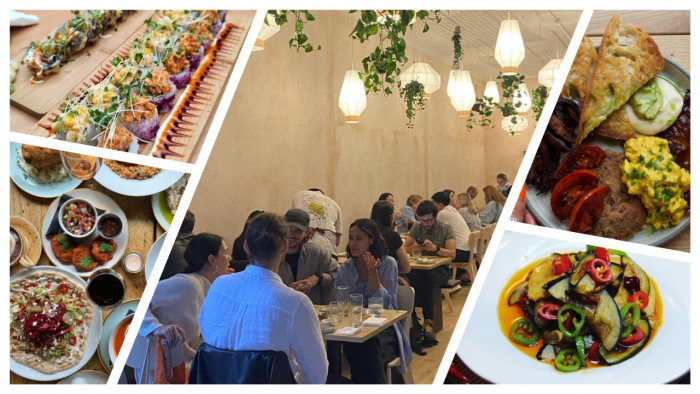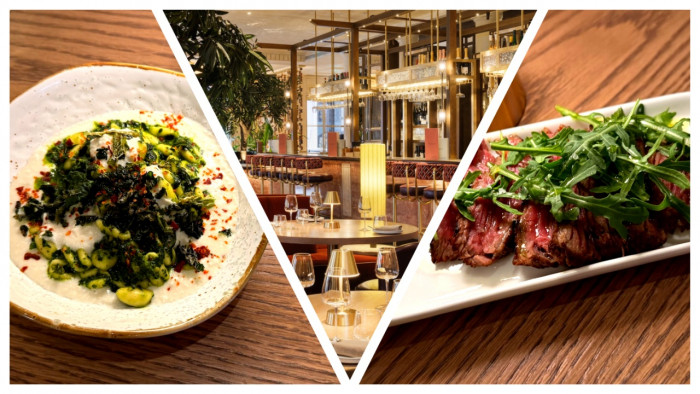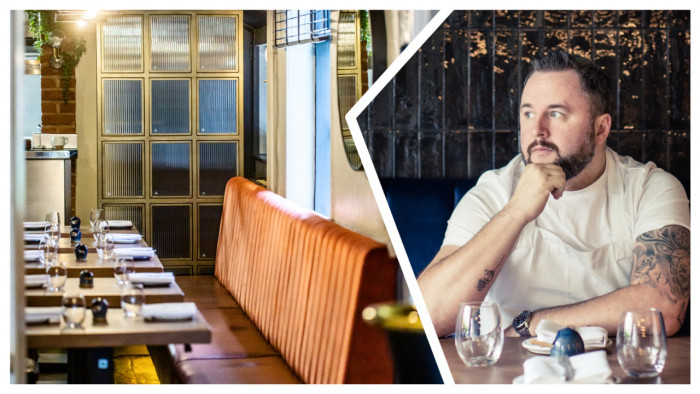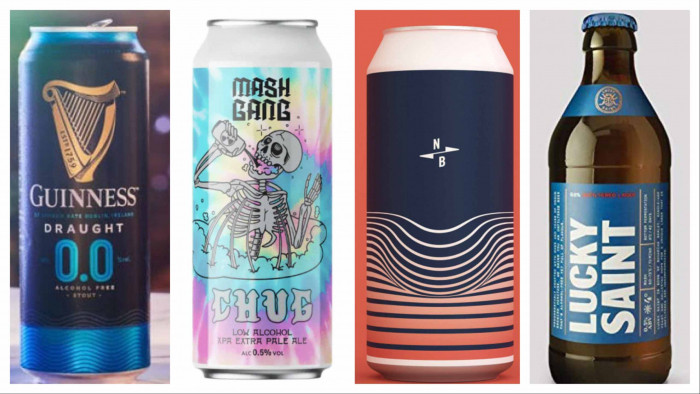We’ve all found ourselves in that embarrassing situation where we make our coffee order and realise we’ve left our wallet at home.
We can get pretty desperate while waiting for our morning coffee, even if it might not be as essential as first thought, so we’d probably be prepared to give up quite a bit.
Would we give up our personal data, though, if it meant free food or drinks? Some of you have probably mentally agreed to the idea.
Some of you might be busy weighing up the pros and cons, but for students at one university it has already become a reality.

Shiru Café in the US state of Rhode Island has a special kind of deal for Brown University students, as reported by NPR.
The Japanese-owned business makes its money through sponsorships from brands, meaning it can give students free coffee in exchange for being able to pass their data on to its partners.
What’s in it for the partners? Well, these Brown students are pretty sharp, so they’re getting a pool of potential new entry-level employees and a bunch of info about said potential employees, while their sponsorship deal also entitles them to hold recruitment sessions inside the venue.
Staff have been trained to give students more info on the partners, meaning brands are more visible to the clientele both inside the café and away from it (in the form of mobile updates, for example).

There are similar cafés owned and run by the same company in Japan and India, and according to NPR the students will need to hand over their name, phone number, email address and choice of university major.
The form they fill in to get their freebies also requires their date of birth and the fairly wide ranging ‘professional interests’ section, though it is not made clear what exactly that entails.
Some will consider it no different from joining a mailing list or signing up to earn reward points with your favourite takeaway, but others have some reservations.
“If they’re giving you something for free, this data that’s being collected, for any vendor, there seems to be more value in the data than in the product,” said Nicholas Tella, director of information security at nearby private university Johnson & Wales.
This is important if we’re being very careful with our data throughout our day-to-day life, but many may feel they’re already lax enough that handing it over to someone else changes little.
(Images: Getty)
Latest
Related Reviews and Shortlists

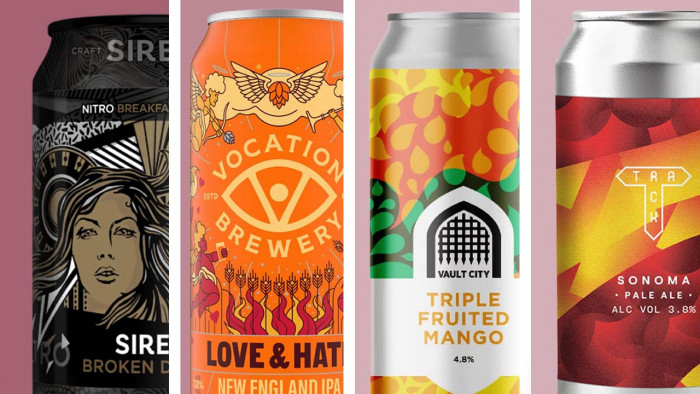
The best craft beers: 17 of the best beers

